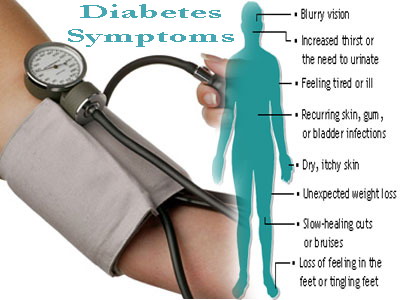Depression is a frequent problem in people who have been diagnosed with Type 2 diabetes and can lead to a poorer prognosis. According to the American Diabetes Association and the Mayo Clinic in the United States, the reason for the association is not clear but several possible culprits could contribute…
- one possibility is the stress of managing the condition,
- another could be a feeling of isolation from family and friends.
Complications associated with Type 2 diabetes can be depressing as well. A vicious cycle can be formed if depression makes it difficult to make good decisions about healthy eating or make patients feel too tired to exercise.
Scientists at the University of Bamberg in Bamberg, Germany and several other research centers, tested the effects of a program to motivate diabetics in self-care. The program was designed to lower stress levels in diabetics by helping them to become competent to manage their condition. The University of Bamberg’s study aimed to learn whether the program could lower the risk of depression. The program, DIAMOS – Diabetes Motivation Strengthening, was compared with the usual Type 2 diabetes education program.
The study, reported on in the journal Diabetes Care in January 2015, included 214 diabetic participants, 34.1 percent with Type 2 diabetes. It was found after 12 months…
- diabetics assigned to the DIAMOS program had a significant lowering of depressive symptoms compared with the control group.
- the DIAMOS participants also had a 37 percent lower risk of developing major depression during that time than did the controls patients, as well as suffering lower levels of distress over their condition.
From the above results it was concluded the DIAMOS program appears to be effective for lowering symptoms of depression and prevents major depressive disorder. Being a new program, DIAMOS is not readily available but given the study results it could become a clinical option.
Type 2 diabetics suffering from depression should see their family doctor for a referral to a specialist. Some signs and symptoms include: feeling sad, reduced interest in usual activities, irritability, weight loss or gain, change in appetite, insomnia, too much sleep, restlessness or slowed movements, tiredness, feelings of worthlessness, or feelings of guilt, or thoughts of suicide.
When depression or major depressive disorder is diagnosed, it can be treated with talk therapy, in support group, or medications that help restore the brain to its normal chemical balance. Some things patients can do on their own include…
- exercise,
- eating a variety of healthy foods,
- watching comedies, or
- spending time with friends.

